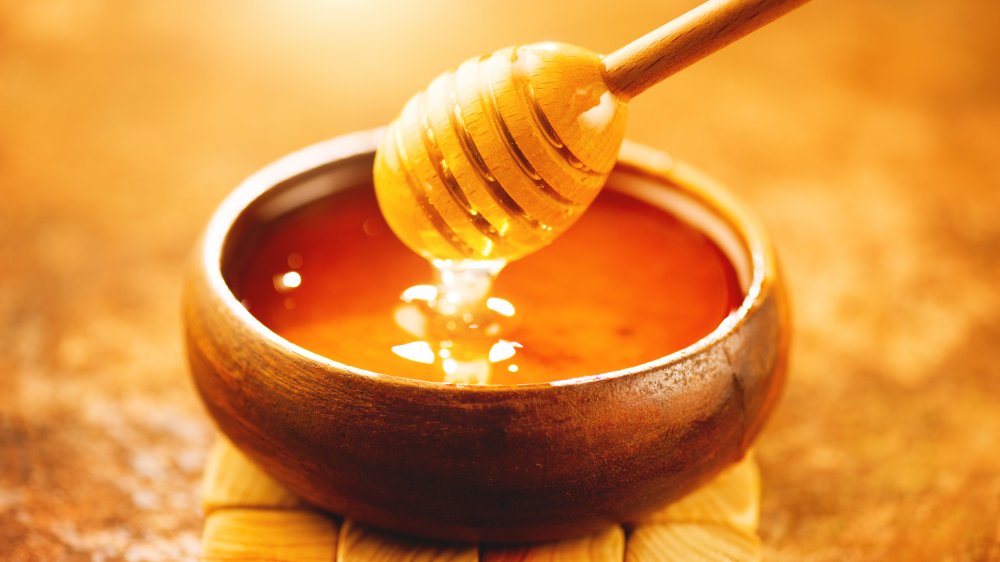What happens if we eat honey daily?

What happens if we eat honey daily?
Daily consumption of honey can offer a variety of health benefits ranging from antioxidant support and blood sugar management to wound healing and better heart health, though moderation is key and infants should not be given honey. Below is a comprehensive blog outline based on all relevant entities from your visual framework, covering the nutritional, health, scientific, and practical aspects of eating honey daily.
What Happens If We Eat Honey Daily?
Honey is a natural sweetener that has fascinated scientists, nutritionists, and culinary experts for its multifaceted benefits and uses. Incorporating honey into your daily diet affects your body in various ways depending on individual health, quantity consumed, and method of intake.
Health Systems Impact
Immune Function: Regular honey consumption may support the immune system due to its antimicrobial and antioxidant properties
Digestive Health: Honey is known to aid digestion and soothe gastrointestinal issues.
Cardiovascular Health: Studies show honey can lower triglycerides, improve cholesterol levels, and provide antioxidant support that may reduce heart disease risk.
Neurological Effects: Antioxidants in honey can help reduce oxidative stress linked to anxiety, depression, and memory loss but more research is needed.
Respiratory Relief: Honey is a popular natural remedy for coughs, sore throat, and can even aid sleep when consumed before bedtime
Nutritional Content
Vitamins and Minerals: Honey contains trace vitamins and minerals like vitamin C, iron, calcium and potassium, but contributes only minimally to daily requirements.
Amino Acids and Polyphenols: Honey provides small amounts of amino acids and is rich in polyphenols and flavonoids, which confer antioxidant benefits.
Sugar Content: A tablespoon of honey contains around 64 calories with 17g of sugars including fructose and glucose.
Other Nutrients: Honey contains virtually no fat or protein.
Consumption Guidelines
Recommended Quantity: Most sources recommend limiting daily intake to 1–2 tablespoons to avoid excess sugar.youtube
Timing: Honey can be consumed at any time, but morning and bedtime are popular for digestive and sleep benefits.
With Meals: Add honey to tea, toast, yogurt, fruits, and salads for taste and health benefits.
Infants Warning: Never feed honey to children under age one due to the risk of infant botulism.
Preparation Methods
Raw vs Heated: Raw honey preserves more antioxidants, while processed honey loses some nutrients.
Food Pairings: Use honey in drinks, baking, dressings, or simply with warm water.
Safety & Precautions
Allergy Considerations: Some people may be allergic to pollen in honey. Side effects can include dizziness, nausea, vomiting, and irregular heart rhythms.
Diabetes Management: Honey is a safer alternative compared to sugar but should be consumed moderately by diabetics as it still raises blood sugar.
Toxic Elements: Rare cases of honey contamination (e.g., botulism spores, toxic plant nectar) especially in poorly regulated products.
Scientific Research
Clinical Trials: Multiple trials support honey's benefits ranging from lowering bad cholesterol to reducing inflammation.
Disease Management: Honey is considered helpful adjunct therapy for diabetes, hyperlipidemia, and wound healing.
Antimicrobial Action: Contains hydrogen peroxide and methylglyoxal, which combat bacteria and promote healing.
Environmental Impact
Sustainability: Responsible beekeeping contributes positively to ecological preservation and pollination.
Quality Concerns: Adulterated honey lacks full benefits—choose pure, organic, or raw honey when possible.
Cultural and Gastronomic Uses
Traditional Medicine: Used in Ayurveda and folk remedies for cough, wounds, digestive and respiratory health.
In Cooking: Popular in marinades, desserts, breakfast dishes, and drinks worldwide.


